The First Genome Surgeons
The ascendancy of CRISPR systems raises a grand hope: If these tools can illuminate the causes of disease in the laboratory, why not bring them into the clinic to treat patients?
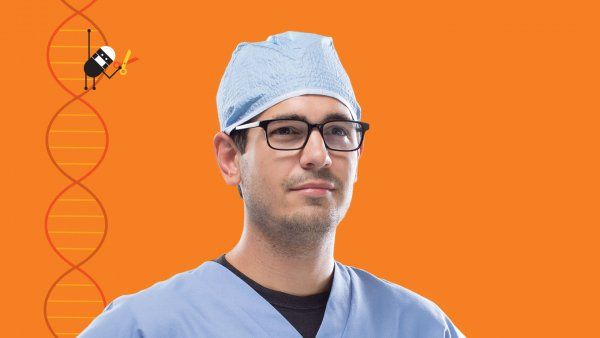
University of California San Francisco
Give to UCSFThe ascendancy of CRISPR systems raises a grand hope: If these tools can illuminate the causes of disease in the laboratory, why not bring them into the clinic to treat patients?

Scientists began searching for ways to edit genomes in the 1960s. It would not prove easy.
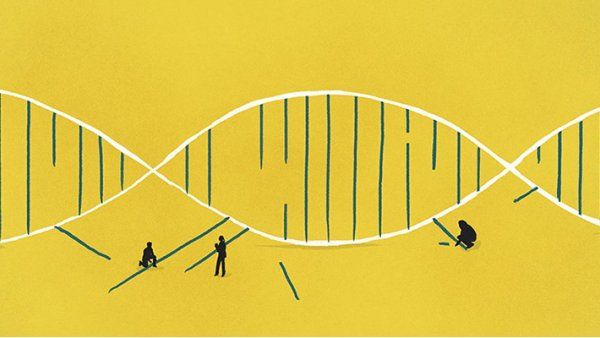
Claims by the tobacco industry that heated tobacco products (HTPs) are safer than conventional cigarettes are not supported by the industry’s own data and are likely to be misunderstood by consumers.

In new studies conducted at UCSF, a novel oxygen-delivery therapeutic restored the function of oxygen-starved heart tissue in an animal model of global hypoxia.
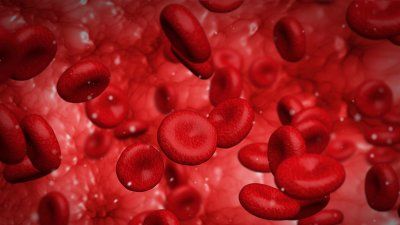
UCSF researchers discovered a gene that plays an essential role in noise-induced deafness.
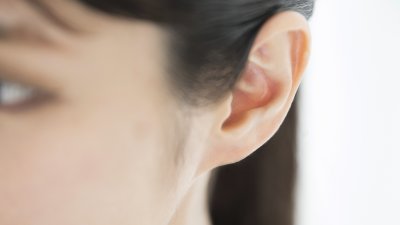
UCSF scientists are working to understand how concussions cause long-term cognitive damage – and how they might be treated.

New review of nutritional science argues most American diets are deficient in a key class of vitamins and minerals.

A new blood test for children with brain tumors offers a safer approach than surgical biopsies and may allow doctors to measure the effectiveness of treatment even before changes are identified on scans.

A UCSF-led consortium has received a $26.2 million award from the U.S. Army Medical Materiel Development Activity to develop treatments for traumatic brain injury.

Researchers have shown that the earliest stages of the brain degeneration associated with Alzheimer’s disease are linked to neuropsychiatric symptoms.

Scientists at UCSF and Boston Children’s Hospital have developed a new technique for making mice with brains that combine the genetics of two different mouse strains.

Scientists at UCSF have assembled a searchable database of normal human immunity that researchers can now use as an instant comparison group in studies of the immune system and immune dysfunction.

In a new study discovered that variants at a single site on Chromosome 6 are associated with a significantly higher risk of developing erectile dysfunction.

UCSF’s Shuvo Roy has spent the better part of a decade working on technology that could lead to a a surgically implantable bioartificial kidney. Now he is also working with UCSF colleagues to turn that technology into an artificial pancreas.
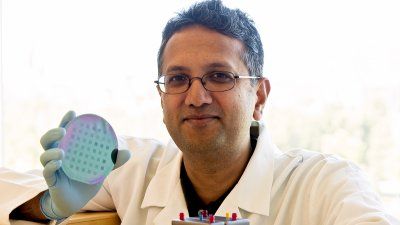
Ten UCSF postdocs competed to explain complex research in simple language – and in three minutes or less – in the third annual Postdoc Slam held Sept. 26.

UCSF’s Max Krummel was a graduate student in the laboratory of Nobel Prize winner James P. Allison, PhD. Now Krummel is leading an ambitious project at UCSF to expand immunology and immunotherapy to understand and potentially treat new diseases.

The Chan Zuckerberg Biohub announced awards of $13.7 million over three years for seven teams that include researchers from UC Berkeley, Stanford University and UCSF.
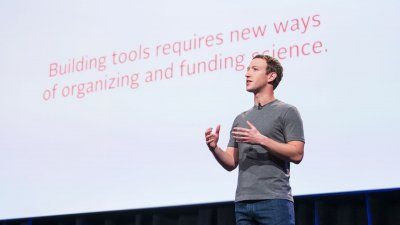
Researchers at UCSF find wearable cardioverter defibrillators lower mortality among those who wear it as prescribed.

Nearly all studies of telomere genetics have been performed in adult populations of European or Asian ancestry, meaning that studies aiming to understand how early environmental exposures impact telomere length across different ethnic groups can’t easily assess the role of natural variations in telomere biology.

In DNA sequencing study of TD, UCSF researchers and their collaborators have unearthed new data suggesting a potential role for disruptions in cell polarity in the development of this condition.

New research suggests that phototherapy – a treatment for newborns with jaundice – could increase children’s risk of developing epilepsy.

UCSF has been awarded a five-year, $20 million grant from the U.S. Food and Drug Administration and the National Institutes of Health to study the impacts of new and emerging tobacco products.

UCSF is launching the Bakar ImmunoX Initiative, an innovative research program that will promote collaborative, cutting-edge research and data sharing to catalyze discoveries about the central role of the immune system in human health and harness its power to treat a wide range of diseases.
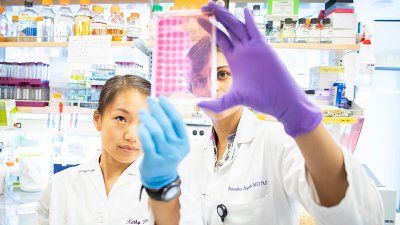
These results confirm that the HPV virus causes head and neck cancer by inactivating the same proteins that are mutated in smoking-induced cancer.

One in seven older veterans with hypertension is discharged with increased blood pressure medications, despite half of those having well-controlled blood pressure prior to their hospital stay.

A new study has identified at-risk populations for whom depression screening combined with hazardous alcohol use screening could detect depressive symptoms that might otherwise go untreated.

UCSF researchers have discovered how a mutation in a gene regulator called the TERT promoter confers “immortality” on tumor cells, enabling the unchecked cell division that powers their aggressive growth.

UCSF researchers have uncovered 12 new anti-CRISPR genes, some of which can inhibit different CRISPR types and could be critical to future gene-editing therapies.

UCSF researchers have shown that it’s possible to study cellular identity by pulverizing brain tissue samples, extracting their RNA in bulk and looking for signature patterns of gene activity.
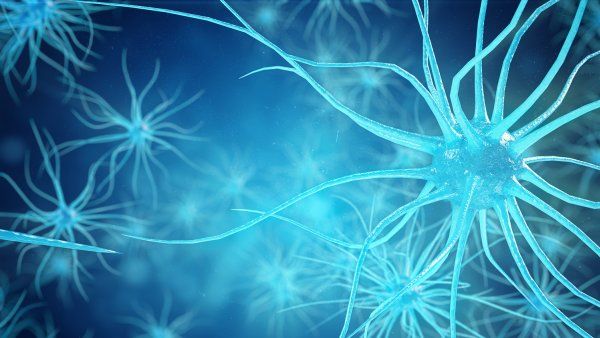
The availability of biosimilars commonly used to treat moderate to severe RA may not by itself reduce out-of-pocket costs for Medicare beneficiaries due to a lack of manufacturer discounts.
